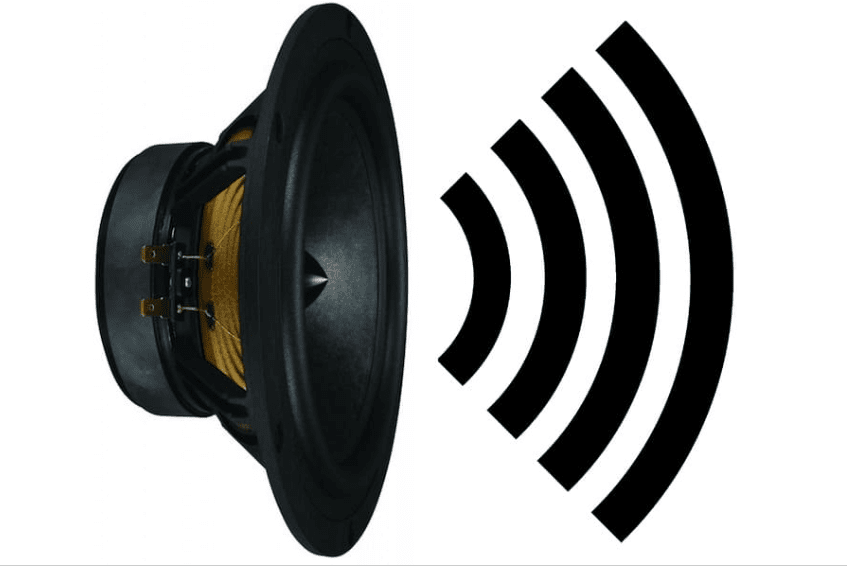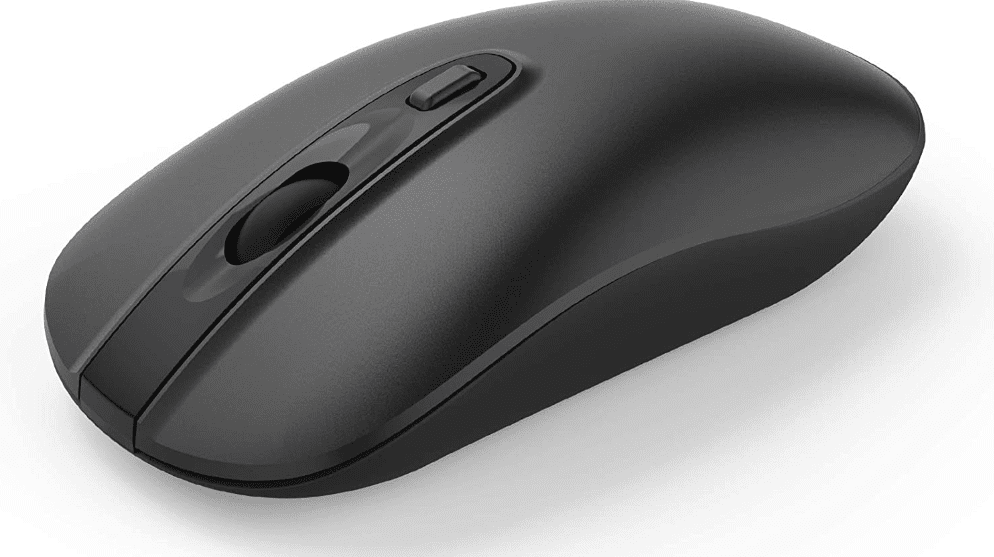PC Makes Noise When Scrolling
An audible buzzing sound coming from your computer may indicate that the internal hardware is malfunctioning. A buzzing sound coming from a computer might be caused by clogged case fans, misplaced screws, and wires, scratched DVDs or CD-ROMs, malfunctioning hard drives, CPU overload, coil whine, or a stressed power supply.
The hard disk and computer fans are the two main sources of excessive noise in computers. The heat generated by the motherboard, graphics card, and the processor is removed from the computer using fans. The fans may make noise if they are loose, too tiny, or not powerful enough.
How to fix PC Makes Noise When Scrolling?
- Examine or replace your hardware.
- Run the Audio Troubleshooter.
- Disable Audio enhancement.
- Install the latest audio drivers.
- The default audio device should be reset.
- Disable background games.
Mouse Scroll Wheel Jump
A mouse is a crucial tool for computer users. Therefore, it can be unpleasant to see the mouse suddenly scroll up or down without your expectations. If something isn’t corrected, it might drive you insane, and impact your work.
Causes
Between the two selection buttons on the front of many computer mice is a scroll wheel that allows you to move the cursor without using the right-side scroll bar. A defective mouse could give the computer the wrong instructions, causing the screen to jump.
If you have choppy scrolling on Web pages, you might have an issue with a system configuration or a graphics driver. The jerky page display could be an indication that the scrolling interval on your computer’s touchpad or mouse is set too high or that the graphics card can’t handle graphics requests quickly enough.
Basic first check
- Restart your computer.
- Changing or charging the mouse’s batteries.
- Use the different USB ports on your computer to connect the mouse.
- Remove other wireless devices.
- Use a different software.
Fixing methods
- Modifying mouse settings.
- Upgrade drivers.
- Turn off the touchpad.
Why Buzzing Noise In The Speaker?

Causes
There are so many reasons why the speakers buzz. The most frequent cause is when the bass or volume is pushed up too much, which puts a lot of strain on the speaker. Your speakers may begin to buzz as a result of a possible sound loop. The other reason is that the volume or bass has been turned down too low. This will make the speaker sound weak.
Another reason why your speakers could be buzzing is if they are not plugged into a good power source. If you have a speaker that is powered by batteries, then it can cause the speakers to crackle.
How to fix
There are some tips to check what the problem is.
- Update drivers.
- Check your audio port and cable.
- Verify the transformer.
- Avoid interference with frequencies.
- Check your cable connection.
- Adjust the audio settings.
How about Windows 10? How can I fix it in Windows 10?
- Update your Sound Drivers.
- Swap out the speakers.
- Alternate the power supply or CPU fan.
- Take the sound effects off.
- Format the audio differently.
- Activate the Audio Troubleshooter.
What Computer Sounds Can I Hear From Speakers?
There are dozens, if not hundreds, of reasons why your speakers are making strange noises. The majority of the problems are fortunately pretty evident. The issues that stem from the actual speakers, the cable connection, and the PC itself can be broadly divided into three groups.
Electromagnetic interference
It’s a popular sound you can hear from your computer’s speakers. If that sound annoying to you, just change the cable. A high-quality jack is better. If it can’t help anything, the speakers have a problem and you must check it.
Not mouse move
Use a pair of headphones or move the speakers around (especially the amplifier bit) to see if it alters the buzzing noise. You can also try a USB soundcard to see if that helps. It could not be the soundcard after all.
Coil Whine When Moving The Mouse

What is coil whine?
A typical noise made by desktop and laptop computers, particularly those performing demanding graphics work or having a very old power supply, is known as coil whine.
Causes
The GPU is making a coil whine sound. It occurs because some programs use your GPU to render some content as though it were a game, which puts stress on the GPU and causes it to whine. This is due to hardware acceleration, which some programs use for faster performance.
Coil whining occurs when a lot of power is flowing through delicate electronics, causing the power surge to cause them to vibrate quickly.
How to fix
- Clean your mouse.
- Reconnect your mouse.
- Reset to mouse’s default settings.
- Update drivers.
- Troubleshooter.
- Check outside apps.
How to prevent
- Set a strict FPS cap.
- Turn off GPU Overclock.
- Enable the Low Power or Eco Mode of GPU.
- Check PSU performance and replace as necessary.
How Do I Get Rid Of Static On My Headphones Mic?
- Take care of the Mic and Audio settings.
- Push your headphones or mic cables right into the ports.
- Keep the microphone away at least 3m from devices (speakers, amps…)
- Hold the mic 4-5 cm far from your mouth when talking.
- To reduce interference, try alternative USB ports or electrical outlets.
Static From Speakers Even When Muted
What is that sound?
“Static” is an electrical noise that your speaker system has amplified. It may also be used to describe power line interference, which results in electromagnetic waves that disrupt nearby communications and induce sporadic current pulses inside your devices (known as dirty electricity).
Causes
Static can be heard when there is a lack of “clean” electricity in your speaker cables. The speakers are picking up the dirty electricity which results in hissing or buzzing noises coming from them, even if they’re muted.
You can use some fixing solutions I mentioned to check out and solve the problem.
FAQs
What is coil whine?
A typical noise made by desktop and laptop computers, particularly those performing demanding graphics work or having a very old power supply, is known as coil whine.
Mouse scroll wheel jump cause
Between the two selection buttons on the front of many computer mice is a scroll wheel that allows you to move the cursor without using the right-side scroll bar. A defective mouse could give the computer the wrong instructions, causing the screen to jump.
If you have choppy scrolling on Web pages, you might have an issue with a system configuration or a graphics driver. The jerky page display could be an indication that the scrolling interval on your computer’s touchpad or mouse is set too high or that the graphics card can’t handle graphics requests quickly enough.
What computer sounds can I hear from speakers?
There are dozens, if not hundreds, of reasons why your speakers are making strange noises. The majority of the problems are fortunately pretty evident. The issues that stem from the actual speakers, the cable connection, and the PC itself can be broadly divided into three groups.

Andrew N. Keegan is a self-proclaimed “tech junkie” who loves consumer electronics. He loves Apple products and is always in line for the newest iPad. In addition, he loves technology, Office products, and social media.
He was continually attempting to figure out his family’s computer. This thing led to an interest in how technology may improve our lives. He holds a degree in IT from NYIT and has worked in IT for over a decade. Since then, he’s been hunting for new goods to share with friends and family.
Andrew N. Keegan loves video games, tech news, and his two cats. He’s also active on social media and shares his latest tech finds.
